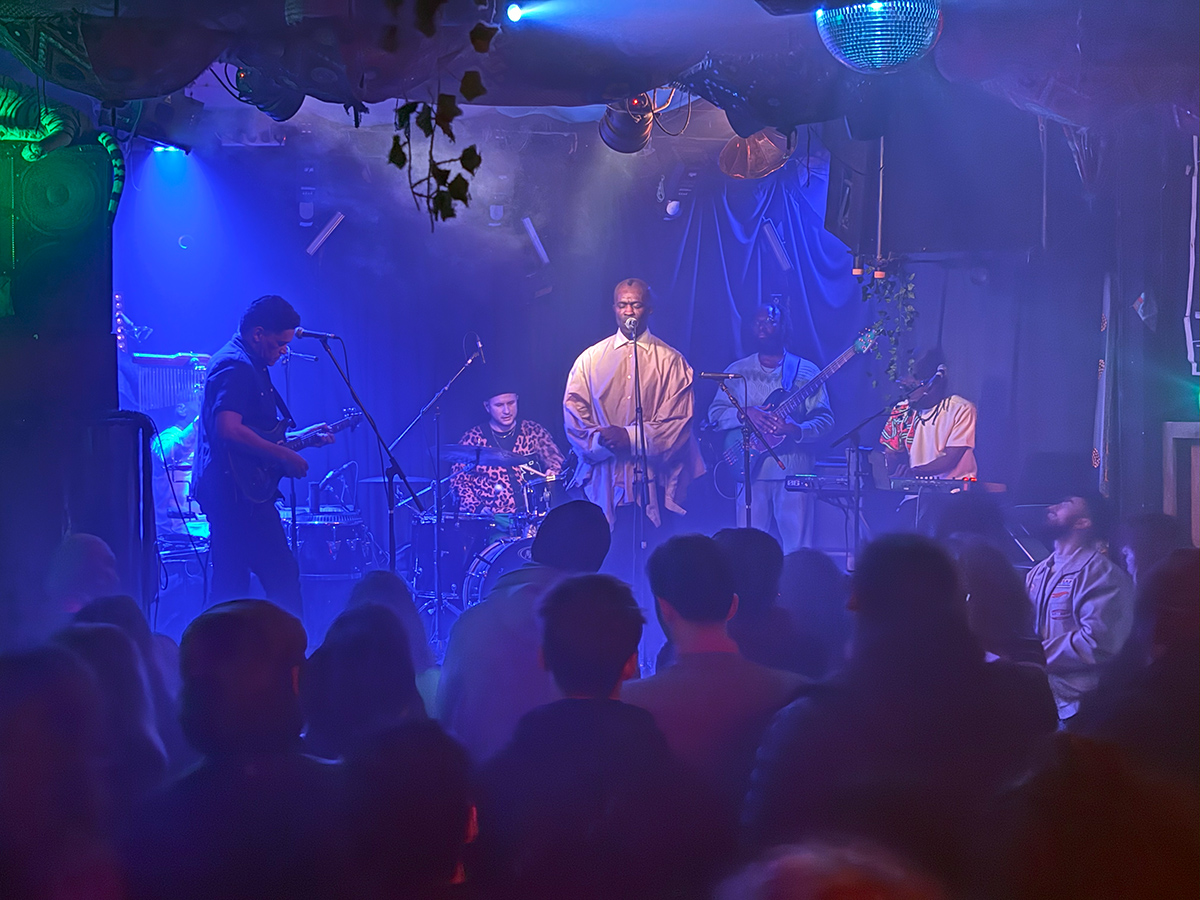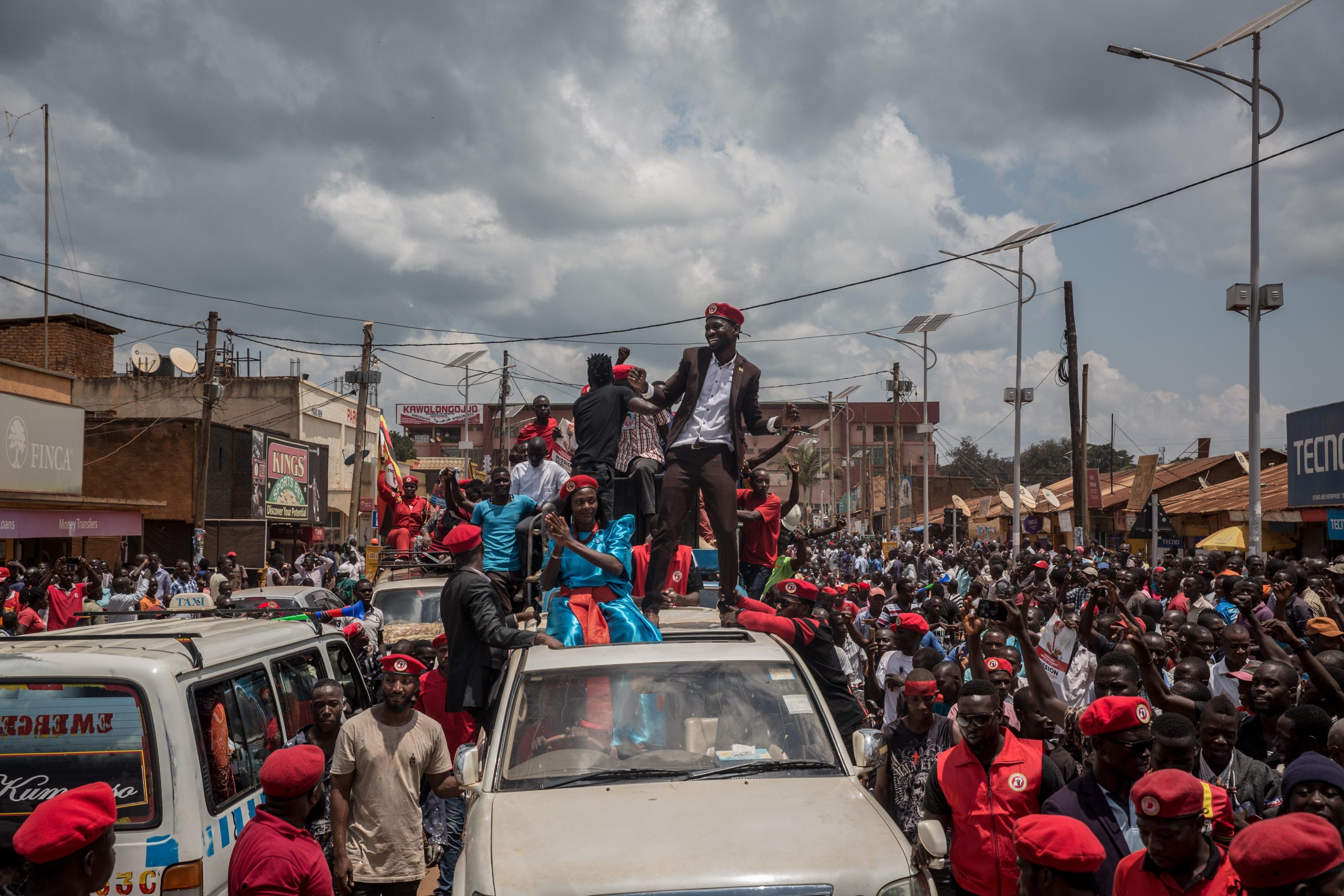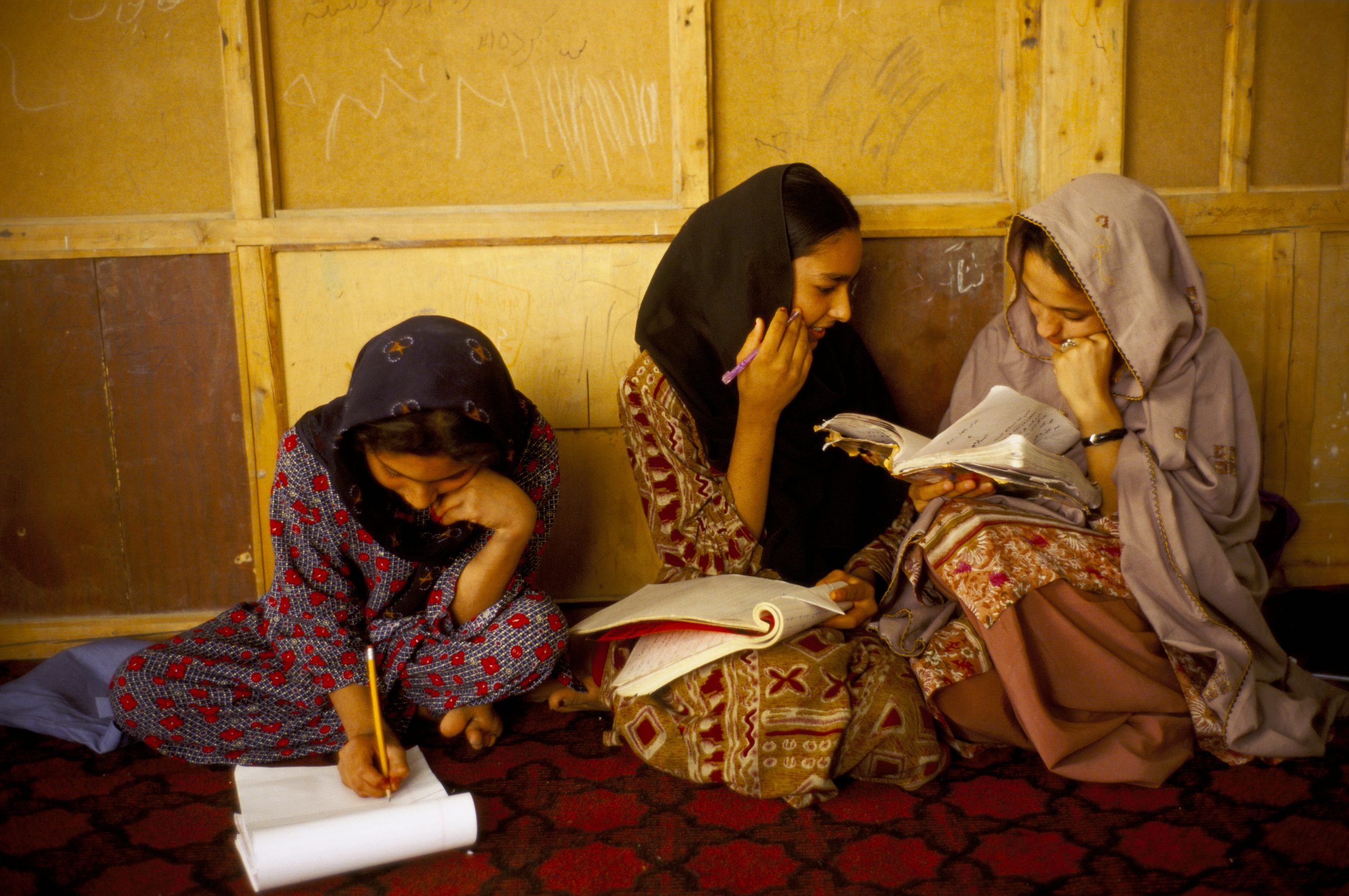[vc_row][vc_column][vc_column_text]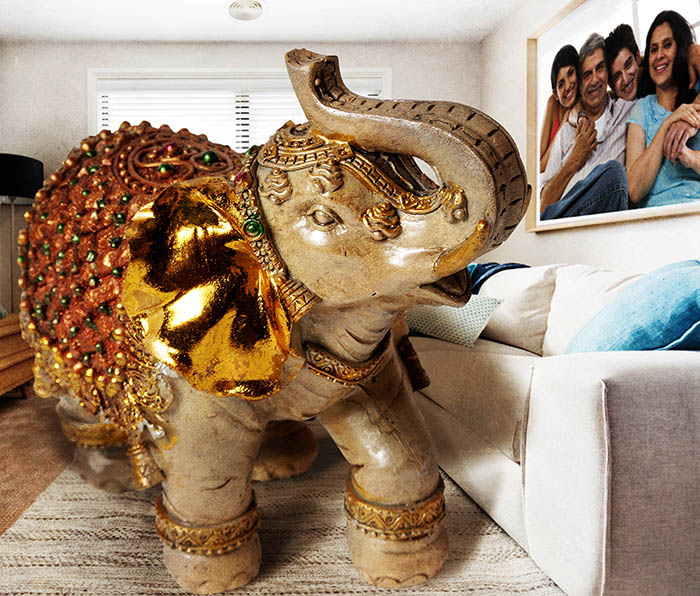
On Saturday 24 March the final performance of my play Elephant was cancelled in Birmingham, bizarrely the same city where, just over 13 years ago, my play Behzti was closed after protests against the show turned violent. Last month, a different kind of protest brought the run of Elephant to its premature end. The Football Lads Alliance were in town, apparently marching against “extremism” on the same day as the play’s final outing.
Elephant had completed a run in the Birmingham Rep’s studio space, The Door, and was on tour in the community. The last performance was for a closed group of visually impaired adults from a local charity and was scheduled to go on at the Old Joint Stock, a pub theatre in the city centre. However, because of the FLA demonstration, many local pubs, including the Old Joint Stock, which happened to be near the focal point of the rally, closed, following police advice.
The Rep found another location for the show, a large room at the theatre, but the charity did not feel safe bringing their group across town, such was the atmosphere of trepidation surrounding the march. With no audience, there was to be no show.
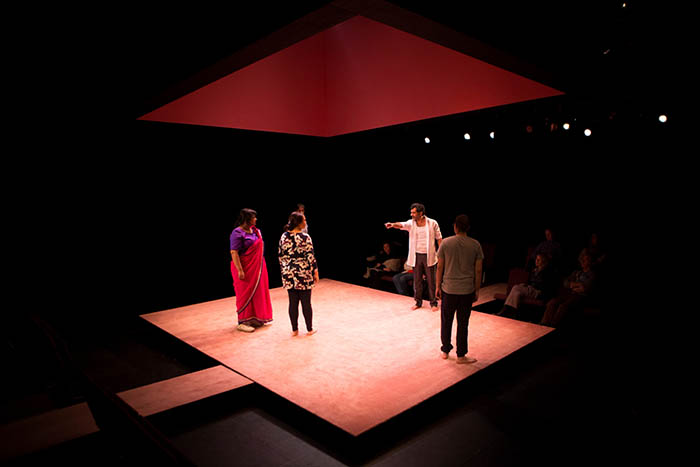
The cast of Elephant. Credit: Ellie Kurttz
Elephant was certainly not targeted like Behzti, it was simply collateral damage, as were the many businesses who lost significant income and the thousands of ordinary people who were intending to come into town to work and play in their city, but ended up changing their plans.
The FLA marching in Birmingham, a city defined by multiculturalism, was clearly an act of provocation. Everyone has a right to protest but the question here is about the policing of such action. The police facilitated the FLA and their cohort, most of whom came from outside the West Midlands, protecting their freedom to express their views. Afterwards the police framed the march as a success and Birmingham West Chief Superintendent Danny Long thanked the public for their understanding, saying: “Our aim was to facilitate the lawful protest and lawful assembly of all the groups here and that’s what’s happened.” Words which show little regard for the lawful freedoms of local people.
The clear message given out by the police was one of fear – keep a low profile and stay away, because today this is not your city. It’s a dysfunctional way of keeping order, one that we’ve got used to and don’t question. Peddling this type of fear gives credence to abhorrent views and fuels underlying tensions.
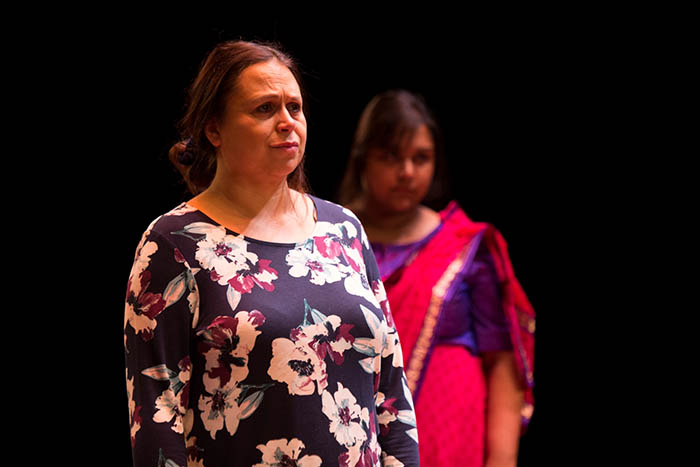
Yasmin Wilde as Deesh in Elephant. Credit: Ellie Kurttz
The West Midlands police have considerable form. Five years after Behzti was cancelled (the main reason being that because the police said they could not guarantee the safety of staff or public), Penny Woolcock’s film 1Day was removed from Birmingham cinemas after the same police force suggested it might incite gang violence. In 2010, during rehearsals of my play Behud, the police asked the Coventry Belgrade to pull the production, as they were expecting protests. The theatre refused and the show continued without incident.
Each of these situations tells us more about the police’s anxieties than our own. Given their attitude around the FLA march, there is clearly still much to learn about managing order in a city where almost half the population do not identify as white British. In her speech at the demonstration, the leader of far-right organisation For Britain, said: “We are living through a dark time in this country.” It’s a dark time indeed when the freedoms of racists brought in to intimidate and frighten a community, trump the freedoms of that very community to live their lives.
What happened in Birmingham last month raises questions of power and control. Who runs our cities and who are they for? The FLA march left a trace of unease and fracture in a city where many of its inhabitants already feel marginalised.
Elephant tells the story of a woman who is ostracised for telling the truth about being abused as a child. Although the circumstances of the play’s cancellation were totally different to Behzti in 2004, it’s hard not to feel a similar sense of sadness and loss at having been silenced.
Facilitating an inflammatory protest at the expense of the freedoms of the silent majority is no victory and shutting people out of their own city is no fit way of dealing with tensions between communities. Public order should be maintained in a fair and equal way, otherwise those who shout loudest get heard, and everyone else ends up without a voice.[/vc_column_text][vc_column_text]
ALSO READ
[/vc_column_text][/vc_column][/vc_row][vc_row][vc_column width=”1/3″][staff name=”Gurpreet Kaur Bhatti on Behzti” profile_image=”100618″]When I started writing my third play, Behzti, in 2003 I could never have imagined the furore which was going to erupt. There was an atmosphere of great tension in the lead up to its production in December 2004, and it was indeed an extraordinary time. Mass demonstrations culminated in a riot outside the theatre. Read on[/staff][/vc_column][vc_column width=”1/3″][staff name=”Birmingham Repertory Theatre: Behzti” profile_image=”100620″]In December of 2004, Birmingham Repertory Theatre staged the world premiere of Behzti, a new play by Gurpreet Kaur Bhatti, in the smaller of its two theatres, The Door, which is a space exclusively dedicated to the production and presentation of new plays. “Behzti” is a word in common usage amongst the Punjabi speaking community meaning “dishonour” or “shame”. Read on[/staff][/vc_column][vc_column width=”1/3″][staff name=”Challenging the UK’s risk averse culture” profile_image=”100621″]It’s easy to dismiss the importance of arts in a democracy; its social value is disregarded when it is seen as the province of the rich and privileged. Yet when we look to more authoritarian regimes across the globe Index is reminded constantly of the importance of the role of arts as a voice of dissent and the extraordinary amount of time that repressive states spend suppressing it. Read on[/staff][/vc_column][/vc_row]

